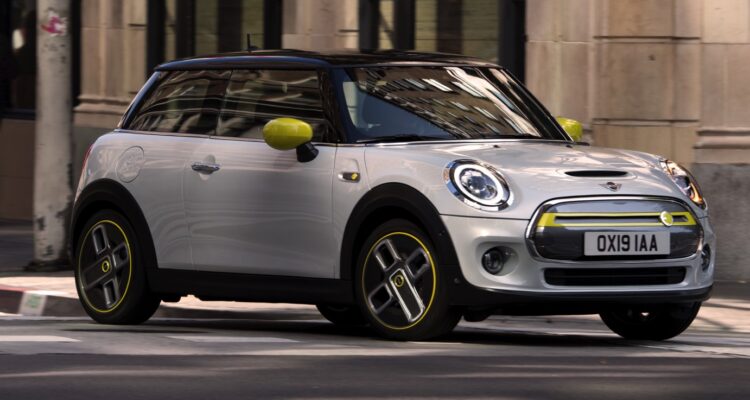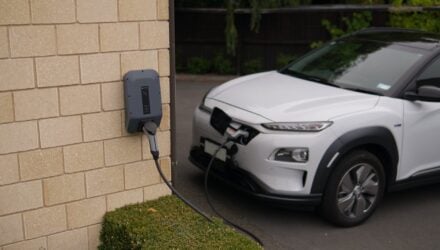BMW has recently announced a recall of its Mini Cooper SE 2020 – 2024 electric vehicles due to concerns over potential battery defects. This recall highlights the ongoing challenges that automakers face as they navigate the transition to electric vehicles (EVs) and underscores the importance of ensuring the safety and reliability of new technologies in the rapidly evolving automotive industry.
The primary reason for the recall stems from issues identified in the battery packs of the Mini Cooper SE models. Specifically, BMW has discovered that certain battery cells, which are integral to the performance and safety of the vehicle, may not have been produced to the necessary quality standards. This defect raises concerns about the possibility of short circuits, which could lead to the battery overheating and, in the worst-case scenario, cause a fire.
The faulty battery cells were supplied by an external manufacturer, and it appears that a lapse in the production process may have led to the inclusion of defective cells in a limited number of Mini Cooper SE vehicles. As a precautionary measure, BMW has initiated the recall to replace the potentially faulty battery packs, thereby eliminating any risk to drivers and passengers.
This recall is significant for several reasons, particularly as it comes at a time when the automotive industry is making a major shift towards electrification. Firstly, it highlights the critical importance of quality control in the production of EV batteries. As the most vital component of an electric vehicle, the battery not only powers the car but also plays a crucial role in its overall safety. Any compromise in battery integrity can have serious consequences, both for the manufacturer and for consumers.
Secondly, the recall underscores the challenges faced by traditional car manufacturers like BMW as they adapt to the new demands of electric mobility. Unlike internal combustion engine vehicles, EVs rely heavily on a relatively new and evolving technology—lithium-ion batteries. As a result, even established carmakers with decades of experience in vehicle production must navigate unfamiliar territory, working closely with suppliers to ensure the highest standards of safety and reliability.
Moreover, this recall serves as a reminder of the potential reputational risks associated with the transition to electric vehicles. BMW, like many other manufacturers, has positioned itself as a leader in the development of sustainable and innovative mobility solutions. Any issues with its electric vehicles, therefore, have the potential to undermine consumer confidence and tarnish the brand’s image.
Fortunately, the fix is an easy one by way of a free software update which can only be done at a dealership. Owners will receive details of the recall in the post.


















